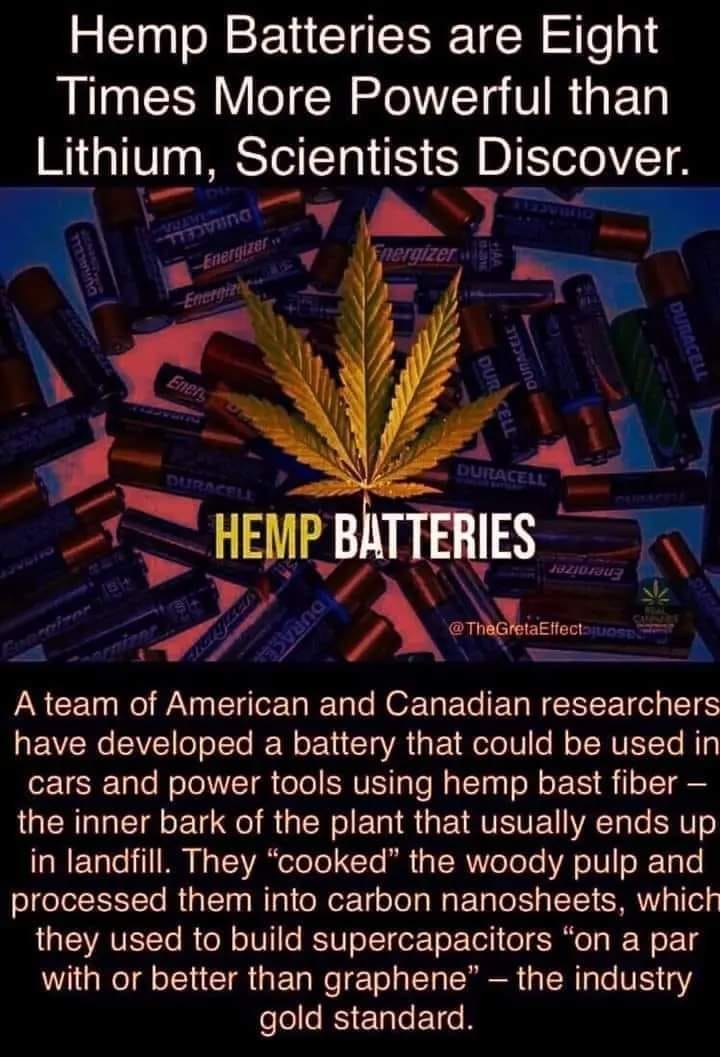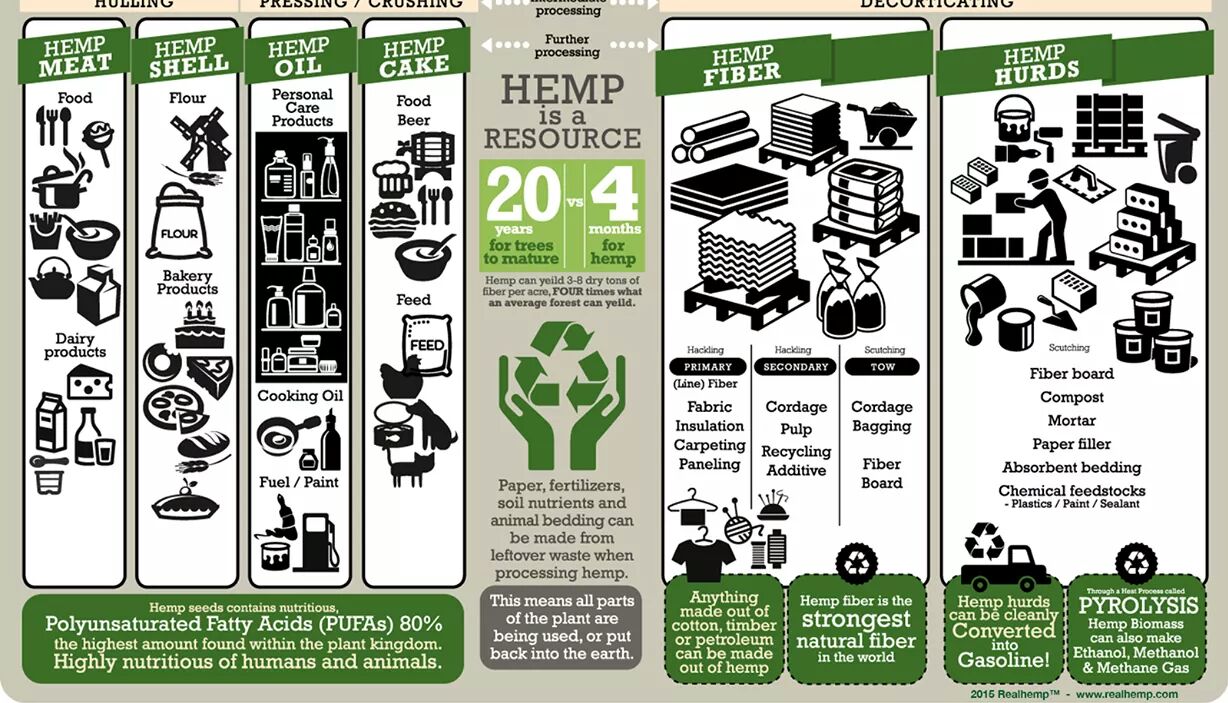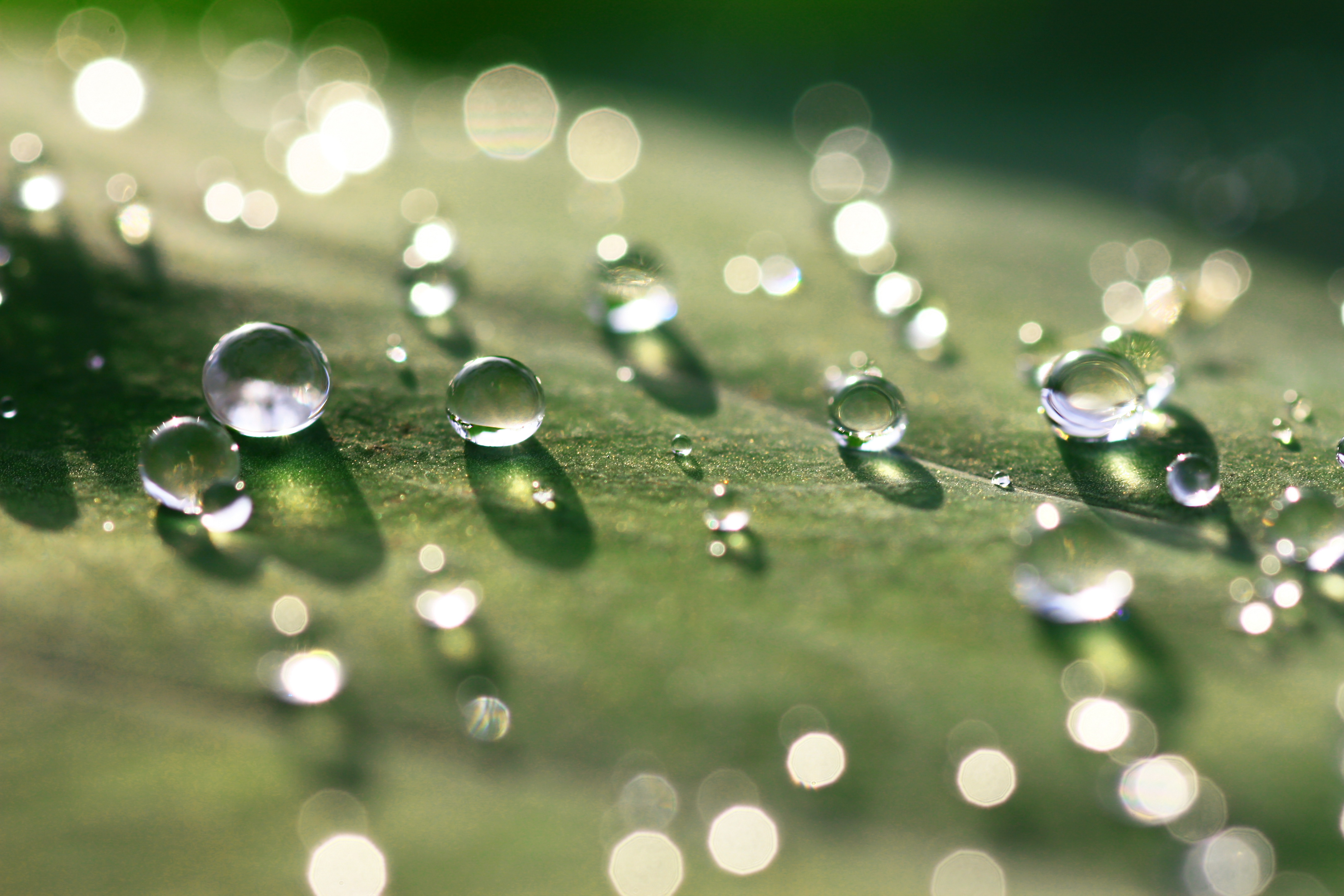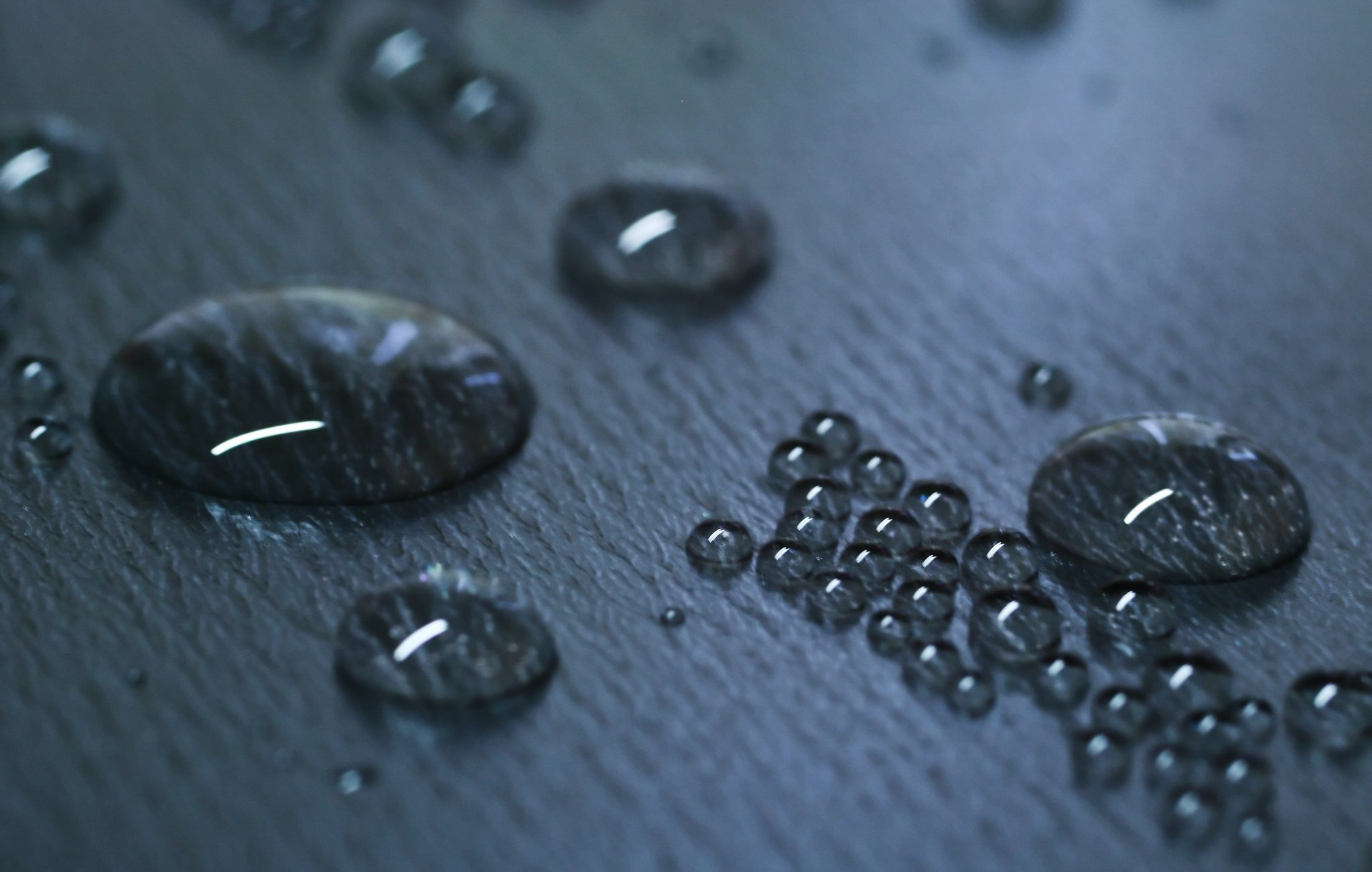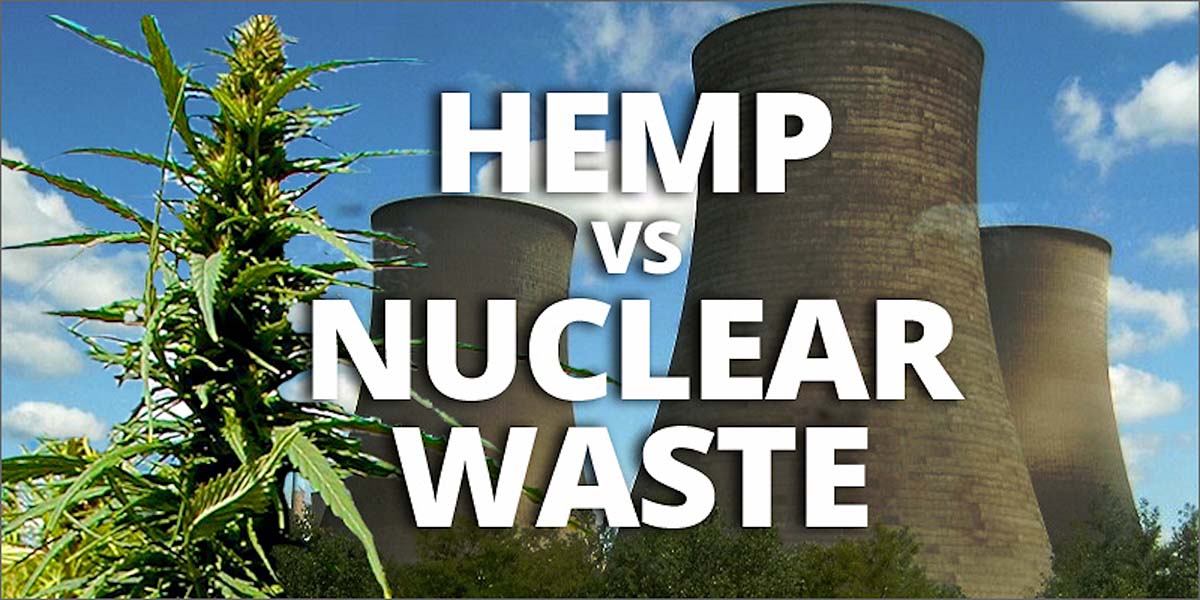
Hemp: The Eco-Chic Lifestyle Staple!
Hemp has been around for centuries, but it’s only in recent years that it’s become a popular trend for eco-conscious consumers. Hemp is a versatile plant that can be used in everything from clothing to home decor, and it’s even making its way into the beauty industry. Not only is hemp fashionable and trendy, but it’s also sustainable and environmentally friendly. In this article, we’ll explore the many ways in which hemp can enhance your lifestyle, from your wardrobe to your beauty routine.
From Clothing to Home Decor: Hemp Does it All
Hemp is a wonder plant that can be used to make a wide variety of products, including clothing, accessories, home decor, and more. Hemp fabric is durable, breathable, and comfortable, making it perfect for clothing. It’s also naturally antimicrobial, which means it can help prevent bacteria buildup and odor. Hemp is also a great choice for home decor, as it’s strong, lightweight, and sustainable. You can find everything from hemp rugs and curtains to hemp furniture and bedding.





Join the Hemp Revolution: Eco-Friendly & Fashionable
Hemp is more than just a sustainable choice – it’s also fashionable and trendy. Many designers are now using hemp fabric in their collections, creating stylish and eco-friendly pieces that are perfect for the conscious consumer. Hemp clothing comes in a variety of styles, from casual to formal, and it’s suitable for all seasons. You can find everything from hemp t-shirts and jeans to hemp blazers and dresses.
Why Hemp is the Sustainable Choice for Your Wardrobe
Hemp is one of the most sustainable plants on the planet. It requires minimal water and no pesticides or herbicides to grow, making it a much more environmentally friendly choice than other crops. Hemp also produces more fiber per acre than cotton, which means it can help reduce deforestation. Additionally, hemp is biodegradable, which means it won’t contribute to landfills when it’s no longer needed.
Discover the Benefits of Hemp-Based Beauty Products
Hemp is making its way into the beauty industry, and for good reason. Hemp-based beauty products are natural, gentle, and effective. Hemp oil is rich in antioxidants, which can help reduce the signs of aging and protect your skin from environmental stressors. Hemp oil is also non-comedogenic, which means it won’t clog your pores or cause breakouts. You can find everything from hemp lotion and lip balm to hemp shampoo and conditioner.
Hemp: Beyond the Trend, a Sustainable Lifestyle Choice
Hemp is more than just a trendy plant – it’s a sustainable lifestyle choice. By choosing hemp products, you’re making a conscious decision to support the environment and reduce your carbon footprint. Hemp is a renewable resource that can be used in a variety of ways, and it’s much better for the planet than other materials like cotton or synthetic fabrics. So why not join the hemp revolution and make a difference for the environment?
Hemp is a versatile, sustainable, and eco-friendly plant that can enhance your lifestyle in many ways. By incorporating hemp products into your wardrobe, home, and beauty routine, you can make a positive impact on the environment while still looking stylish and fashionable. So why not give hemp a try and join the growing movement towards sustainability?



